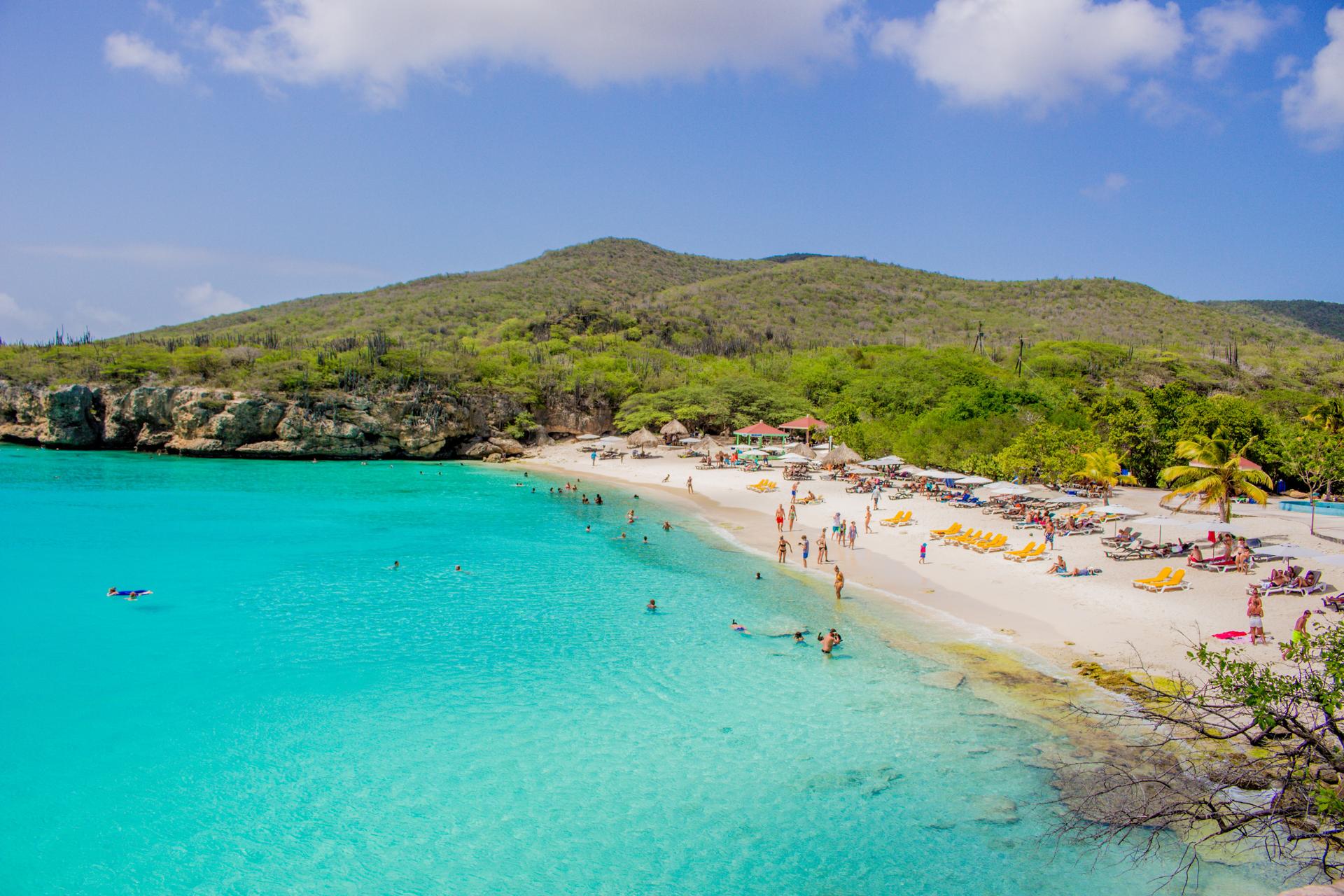Bonaire, Sint Eustatius and Saba🇧🇶

Bonaire, Sint Eustatius, and Saba, often referred to as the BES Islands, are located in the Caribbean Sea, north of Venezuela. These islands form special municipalities of the Netherlands. Despite the geographical distance, the islands have strong cultural ties with the mother country, especially in areas such as education and healthcare. The islands are popular for their pristine beaches, diverse wildlife, and vibrant history. They are also known for their underwater world, making them a paradise for diving enthusiasts. Hiking in the dense rainforest of Sint Eustatius or exploring Flamingo Sanctuary in Bonaire are some of the highly recommended activities.
⚠️Things you should avoid⚠️
- Avoid carrying valuable belongings in crowded tourist areas due to petty theft.
- Avoid swimming in isolated beaches due to strong currents.
- Avoid neglecting local customs and traditions.
- Avoid traveling during hurricane season without proper safety precautions.
- Avoid venturing into remote areas without a local guide.
- Avoid driving during bad weather conditions as it can make the roads risky.
- Avoid unprotected interaction with local wildlife.
- Avoid traveling without adequate health insurance.
- Avoid disrespecting local environmental rules.
- Avoid non-essential travel during Covid-19 pandemic without following safety guidelines.
Overall
8
Crime 🔫
8
The crime rate in Bonaire, Sint Eustatius and Saba is considerably low, with isolated incidents mainly related to petty theft or occasional burglary. Safety measures related to personal belongings are advisable. Overall, it’s a safe destination, but tourists should be vigilant, particularly in remote areas.
Terrorism 💣
10
There have been no known incidents of terrorism on these islands. Given their status as part of the Netherlands and the lack of strategic importance, the risk of terrorism is extremely low.
War ⚔️
10
Bonaire, Sint Eustatius, and Saba have no history of war or military conflict. The islands maintain a peaceful atmosphere, largely owing to their political affiliation with the stable government of the Netherlands.
Natural Disasters 🌊
6
The islands are vulnerable to hurricanes, especially during the annual hurricane season from June to November. Major hurricanes have occurred, like Hurricane Irma in 2017. Earthquakes and tsunamis, although infrequent, can affect the region.
Medical Care 🏥
7
Healthcare facilities on the islands are limited but generally adequate for basic medical treatment. For serious medical conditions, medical evacuation might be necessary. It is advisable for tourists to have comprehensive medical insurance.
Tap Water Quality 💧
9
Tap water on these islands is safe to drink. The drinking water is desalinated and treated to World Health Organisation standards and is regularly checked for quality.
Disease Burden 🤒
9
The disease burden in Bonaire, Sint Eustatius and Saba is low. However, mosquito-borne diseases such as dengue, Zika, and Chikungunya are occasional concerns. The Covid-19 pandemic also affected the islands.
Corruption 💸
9
Corruption is not a major issue on the islands. Being governed by the Netherlands, the corruption index is quite low, although isolated incidents can occur.
Safety for Women ♀️
8
The islands are generally safe for women travelers. However, common precautions are recommended, especially when traveling alone or at night.
Safety for Queer People 👬
9
Given the Dutch influence, the islands tend to be socially progressive with a positive attitude towards the queer community. However, the attitude can vary among residents.
Censorship 📺
9
There is no known censorship on the BES islands. Freedom of speech and press is generally respected with numerous newspapers and radio stations operating freely.
Public Transportation 🚌
7
Public transportation is limited and most people use cars for commuting. Taxis and car rentals are widely available. While it is relatively safe, tourists should remain cautious when using public transportation.
Other useful information
🔒 How safe is it?
Bonaire, Sint Eustatius and Saba generally offer a safe environment for tourists. However, it is always crucial to follow safety measures, understand local customs, respect the environment, and follow health protocols. It is also significant to consider the weather forecast during the hurricane season.
🏰 Embassies in this Country
As part of the Netherlands, there are no specific foreign embassies on these islands. For consular services, individuals would typically contact the respective embassy in The Hague, Netherlands.
💉 Recommended Vaccinations
Standard vaccines include Hepatitis A and B, Typhoid, Rabies, Measles, Mumps and Rubella (MMR), Tdap (tetanus, diphtheria and pertussis), Chickenpox, Shingles, Pneumonia and Influenza. As the Covid-19 pandemic continues, travelers should also ensure they are vaccinated against the virus.
🐍 Dangerous Animals
Water-related activities may expose tourists to potentially harmful marine animals like stingrays, barracudas, jellyfish, sea urchins, coral reefs. On land, there are small risks from venomous snakes and spiders.
🛂 Visa Requirements
Most Western tourists can visit Bonaire, Sint Eustatius and Saba visa-free for up to 90 days. A passport valid for at least six months upon arrival is required.
💲 Currency
The official currency is the US Dollar. Money may be exchanged at banks, hotels and authorized change bureaus.
💳 Credit Card Acceptance
Credit cards are widely accepted in hotels, restaurants, and major tourist centers, with MasterCard and Visa being the most commonly accepted.
🧑🏭 Is it possible to work and travel in this country?
Some opportunities may be available in the hospitality or dive industry, but opportunities are limited. As these are Dutch special municipalities, work permit requirements are more stringent than in other Caribbean locations.
💵 Cost of Travel and Living
The cost of living and traveling to these islands is moderate, comparable to mainland US prices.